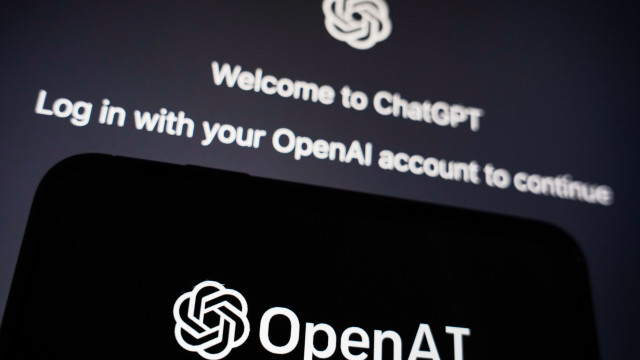Eight American newspapers filed a lawsuit against OpenAI and Microsoft in New York.
Tech companies have been accused of media copyright infringement in teaching the technology behind chatbots ChatGPT and Copilot.
The newspapers, which include the New York Daily News and the Chicago Tribune, are owned by Alden Global Capital, a Florida-based investment firm that has created America's second-largest newspaper group.
"Defendants have seized millions of publishers' copyrighted articles without permission and without payment to fuel the commercialization of their generative AI products, including (Microsoft's) ChatGPT and Copilot," the lawsuit states.
"As this lawsuit will demonstrate, defendants must obtain publishers' consent to use their content and pay fair value," the complaint states.
OpenAI and Microsoft were also accused of offering verbatim excerpts from full articles, as well as attributing misleading or inaccurate reports.
Other newspapers involved in the lawsuit are The Orlando Sentinel, The Sun Sentinel of Florida, The San Jose Mercury News, The Denver Post, The Orange County Register and The St. Paul Pioneer Press.
OpenAI responded to the complaint with a statement: "We take great care to support news organizations in our products and in the design process."
OpenAI highlighted "constructive partnerships and conversations with many news organizations around the world to explore opportunities, discuss any issues and provide solutions."
This applies to news agencies that have entered into partnerships with the Microsoft-backed startup rather than go to court. Among them are the Associated Press, the Financial Times, the German company Axel Springer, the French daily Le Monde and the Spanish conglomerate Prisa Media.
The lawsuit closely resembles a lawsuit filed by The New York Times in December, which accused OpenAI of stealing content to train its powerful artificial intelligence.
In this case, OpenAI strongly fought back, arguing that the use of publicly available data, including news articles, for general training purposes was fair. /BGNES
US newspapers sue OpenAI and Microsoft over AI chatbots

